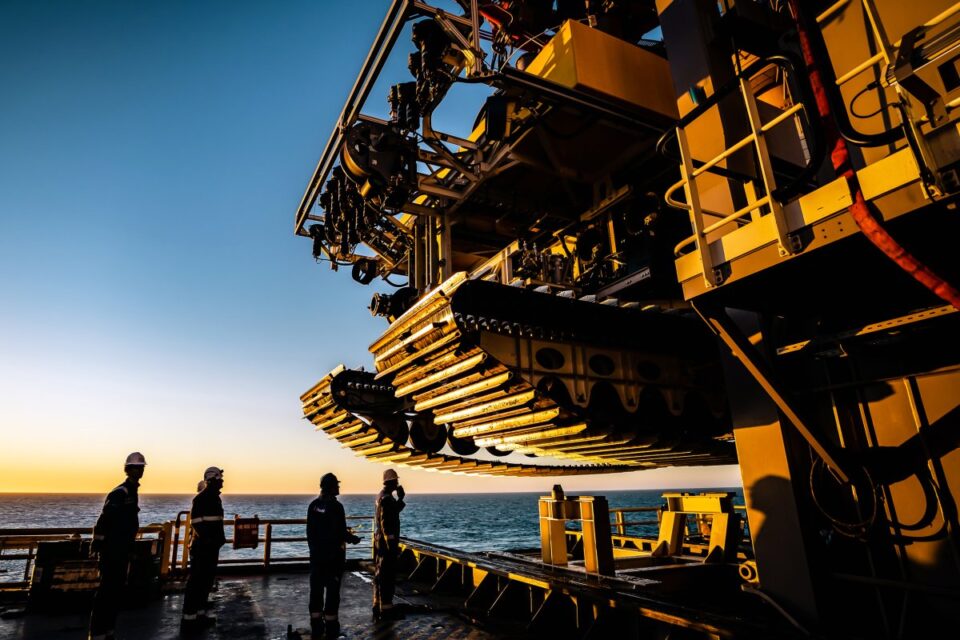The Chinese government has condemned a recent executive order signed by former U.S. President Donald Trump that accelerates American involvement in deep-sea mining, including in international waters. Beijing argues the move “violates international law” and undermines multilateral efforts to regulate seabed resource extraction.
The executive order, signed Thursday, directs U.S. agencies to streamline the issuance of permits for deep-sea mineral exploration and recovery—not only within U.S. territorial waters, but also in areas beyond national jurisdiction. The aim, according to the order, is to establish the United States as a global leader in “responsible seabed mineral exploration” and reduce dependence on foreign sources of critical minerals.
The U.S. administration estimates that expanding deep-sea mining could add $300 billion to GDP over the next decade and create 100,000 jobs. These critical minerals—including cobalt, rare earth elements, and lithium—are essential for sectors such as green energy, aerospace, and healthcare.
China Pushes Back
China, which currently dominates the global supply of rare earths and several other critical minerals, strongly opposes the move. Foreign ministry spokesperson Guo Jiakun stated Friday that the U.S. decision “violates international law and harms the overall interests of the international community.”
Many countries, including China and members of the European Union, have chosen to delay deep-sea mining projects until an international regulatory framework is agreed upon through the United Nations’ ongoing negotiations. The International Seabed Authority (ISA) has yet to finalize rules for mining in areas beyond national jurisdiction.
Environmental Concerns
The U.S. decision has also drawn strong criticism from environmental organizations and scientists who warn that deep-sea mining could cause irreversible damage to fragile marine ecosystems.
“Deep-sea mining is a deeply dangerous endeavor for our ocean,” said Jeff Watters of Ocean Conservancy. “The harm isn’t confined to the seabed. It will affect the entire water column and the broader ocean system, including the communities that depend on it.”
A recent study by the Natural History Museum and the UK’s National Oceanography Centre found that certain deep-sea species struggled to recover decades after a small-scale mining test in the 1970s. Particularly, larger animals did not return, possibly due to the permanent loss of polymetallic nodules—mineral-rich formations that take millions of years to develop.
Industry Pushes Ahead
Despite the controversy, The Metals Company (TMC), a leading player in the sector, is already in talks with the U.S. government to obtain mining permits. TMC’s CEO, Gerard Barron, has stated plans to begin commercial operations by the end of the year.
Barron disputes many environmental concerns, arguing that the abyssal zone—3,000 to 6,000 meters below sea level—has sparse marine life. “Here there’s virtually no plant life, and biomass is about 10 grams per square meter,” he said. “Compare that to over 30 kilograms per square meter in equatorial rainforests, where terrestrial nickel mining is expanding.”
Looking Ahead
As global demand for minerals continues to rise in support of clean energy transitions and advanced technologies, tensions are expected to mount over access to deep-sea resources. The clash between the U.S.’s unilateral move and China’s multilateral stance underscores a growing geopolitical struggle over strategic materials buried beneath the ocean floor.
Whether deep-sea mining becomes a boon for economic growth or a tipping point for marine biodiversity remains a question that could shape the future of environmental policy and global mineral supply chains.


